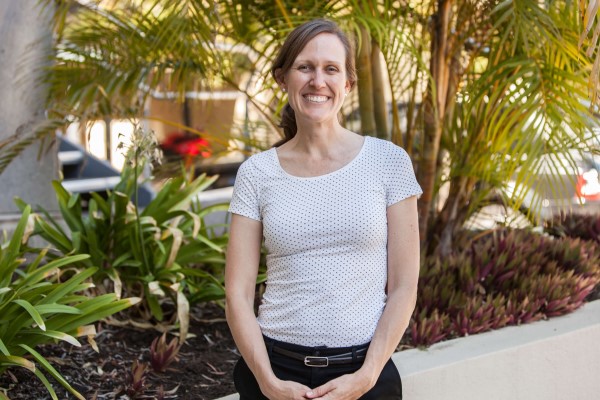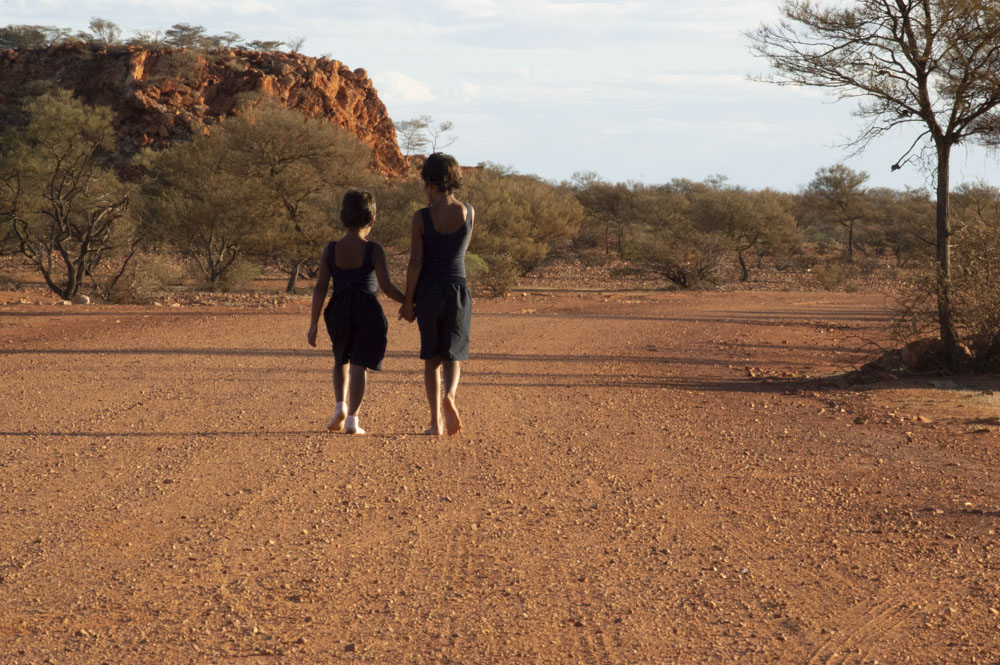Search

News & Events
The Kids Research Institute Australia leader named finalist in nation’s top science prizesOne of Australia’s leading infectious disease experts, Associate Professor Asha Bowen, has been announced as a finalist for the country’s leading national science awards – the Australian Museum Eureka Prizes.

News & Events
Researchers share their expertise with the community in CockburnResearchers from the Wesfarmers Centre of Vaccines and Infectious Diseases at The Kids Research Institute Australia have shared their expertise with the community in Cockburn, covering topics ranging from respiratory disease in babies to recurring ear infections in kids.

News & Events
Prestigious invite for WA infectious disease expertsTwo Perth clinician-scientists have been recognised as national leaders in infectious disease research after being elected as Fellows of the esteemed Australian Academy of Health and Medical Sciences.
Research
Postsepsis Care Needs in Children and Families: Single-Center, Codesign Qualitative Research from Western AustraliaSepsis, for children and their parents, is a life-altering illness with far-reaching psychosocial and physical impacts. We aimed to explore the needs of such patients and their parents after hospital admission for sepsis to inform the development of a Western Australian postsepsis care service.
Research
Pediatric Staphylococcus aureus Bacteremia: Clinical Spectrum and Predictors of Poor OutcomeStaphylococcus aureus is a common cause of bacteremia, yet the epidemiology and predictors of poor outcome remain inadequately defined in childhood. ISAIAH (Invasive Staphylococcus aureus Infections and Hospitalizations in children) is a prospective, cross-sectional study of S. aureus bacteremia in children hospitalized in Australia and New Zealand over 24 months.
Research
Perinatal risk factors associated with skin infection hospitalisation in Western Australian Aboriginal and Non-Aboriginal childrenWe have quantified the relative influence of perinatal risk factors associated with skin infection hospitalisations in WA children

News & Events
Six-minute Strep A tests dramatically cut wait time in remote settingsChildren at risk of potentially life-threatening Strep A infections no longer have to wait five days for timely treatment, thanks to a The Kids Research Institute Australia study conducted in the remote Kimberley region of Western Australia.
Research
Skin InfectionsOur skin, the body’s largest organ, protects us and maintains overall health. Untreated recurring skin infections like impetigo and scabies severely impact children. The Kids is at the forefront of combatting skin infections, particularly within remote Aboriginal communities experiencing some of the world’s highest rates.

News & Events
The Kids researchers finalists in Premier’s Science AwardsThe Kids Research Institute Australia has two researchers and an innovative science engagement initiative as finalists in the 2017 Premier’s Science Awards.
Research
Spotting sporotrichosis skin infection: The first Australian paediatric case seriesThese data highlight the importance of recognising Sporotrichosis in children outside an outbreak setting
